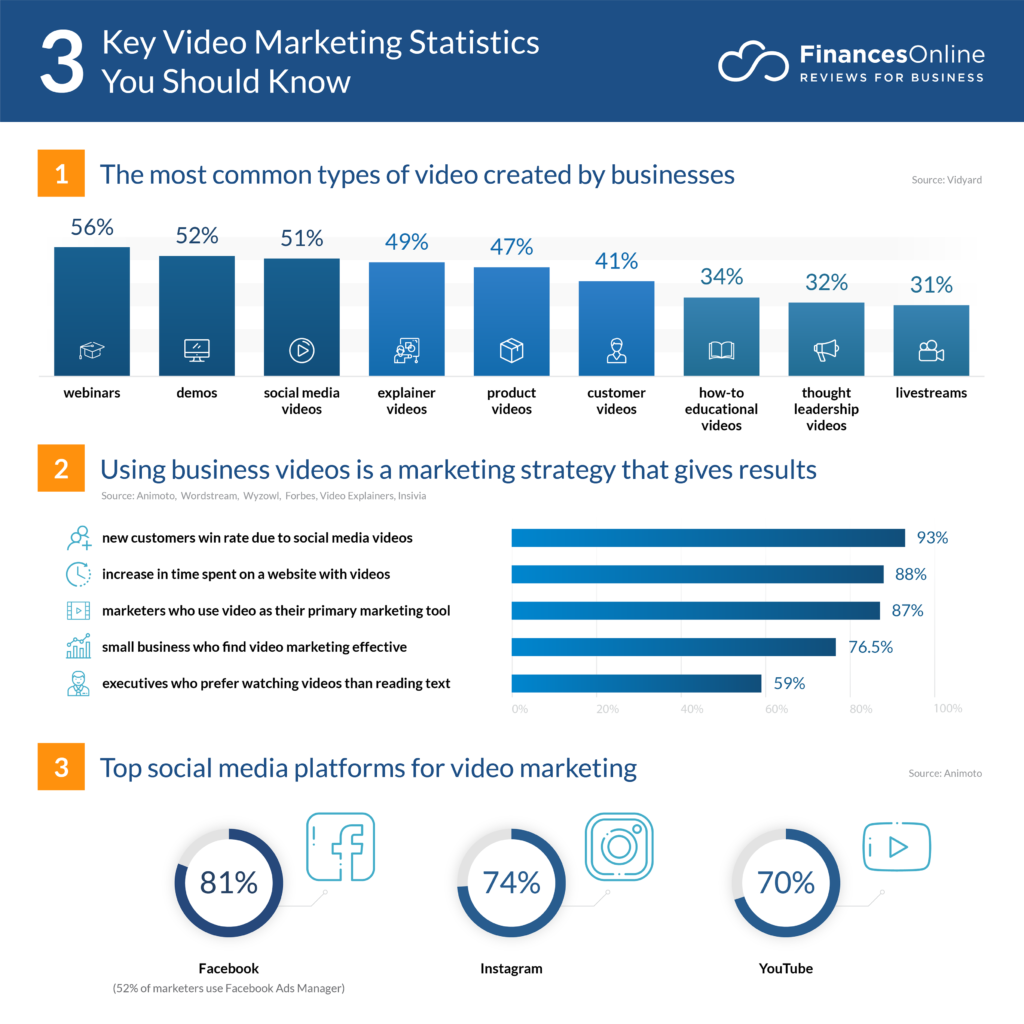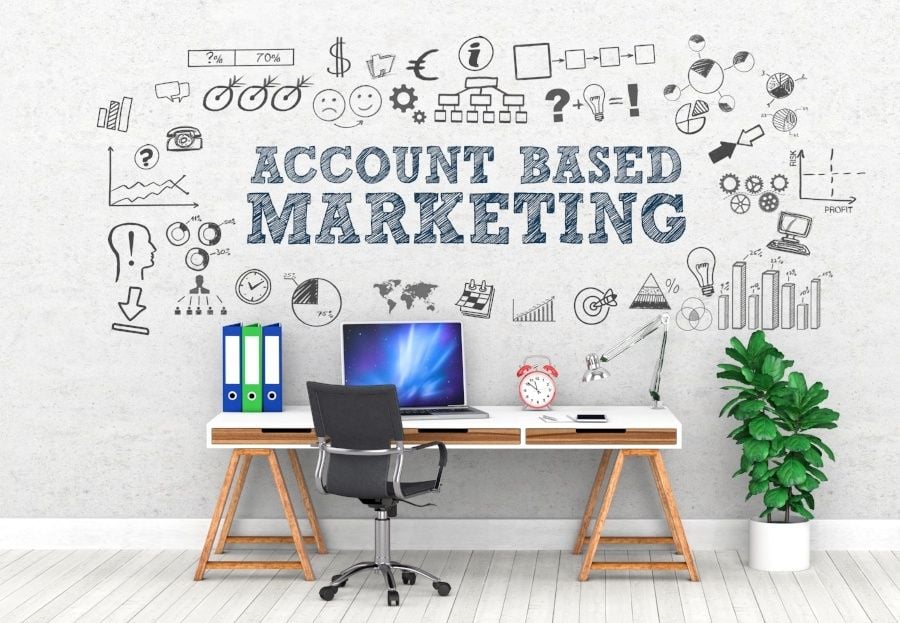
Marketers have always adapted to the latest trends and technologies. Leveraging the latest systems to get your message in front of your audience puts you ahead of the competition.
When the postal service first was invented, businesses quickly figured it out to leverage it for their own profit. Years later, the fax machine would change the way that we do business, allowing us to send written messages over phone lines.
Email. Instant messenger. Text messages. Voicemail. Every platform for communication that is adopted by the population at large eventually finds its way into marketing campaigns for companies around the globe.
Today, social media and the internet at large have forever changed the way that customers interact with each other, the businesses that they buy from, and the brands that they love. Companies have, as they always have done, stayed with the times and tried to meet customers where they are. That is the basis of conversational marketing.
What is Conversational Marketing?
The term ‘conversational marketing’ tells us a lot about the strategy as a whole. At its core, conversational marketing is about having one-on-one personal conversations. Conversational marketing is channel agnostic and multi-channel. That one-on-one conversation that you had with a customer might have started on your live chat, then migrated to email or to another platform.
Conversational marketing is a strategy that focuses on meeting customers where they already are, on the platforms that they are more comfortable with. That might mean on LinkedIn, through email, over the phone, or on Facebook — every customer is different and has their own expectations. Any channel can be a part of a conversational marketing experience.
Conversational marketing provides an opportunity to improve the customer experience across the board. A recent survey from eConsultancy in partnership with Adobe found that customer experience presented the most exciting opportunity for marketers in 2019.
Here at RiseFuel, conversational marketing plays a key role in our inbound marketing strategies. In fact, real one-on-one conversations are baked into inbound marketing as a whole:
Source: HubSpot
The Principles of Conversational Marketing
There is a good chance that conversational marketing is already a part of your broader marketing strategies in some form. If you are having conversations with your prospects on multiple channels, then you are engaging in conversational marketing.
There are, however, some core principles of conversational marketing that define the strategy. These include:
Conversations on the Customer’s Time
Conversational marketing happens on the customer’s time, not your own. For a truly conversational transaction to take place, you have to be willing to have the conversations with the customer whenever it makes the most sense for them.
Being present is a core value of conversational marketing. That customer should be able to strike up a conversation and learn more about your company and product at any time of the day — with their morning coffee, during their commute home, or during their lunch break.
Customers should be able to re-enter into existing conversations wherever they last left off and expect that your company will be able to pick up as well. Even if it means that they are speaking with a different representative. For that reason, conversational marketing requires that certain tracking systems are in place.
Scalability is Required
Because conversational marketing requires that customers can dictate when conversations take place, that means that you need to be scalable. You may have a rush of customers that want to speak to you at any given time. Whether it’s two, ten, or one-hundred customers — a complete conversational marketing strategy relies on your ability to make that happen.
That is why chatbot marketing is such an effective tool. It allows you to automate basic conversations at scale. Manual interactions only need to take place when the customer requires additional help. A well-maintained chatbot will be able to walk customers through many of the common questions and problems that they run into while funneling customer support tickets to the correct bucket.
Context is Everything
A conversation isn’t valuable if the customer feels like they have to start over from the beginning every time that they deal with a new person. You need to implement systems that allow you to track conversations across channels and apply that context to every customer interactions.
Customers expect it. They know that modern companies have the ability to track conversations and apply that context to new conversations. They have dealt with other companies that have a system in place and have been impressed with the service that they received. At that point, anything less is just a black mark against your brand.
Context is required for messaging your company to be the most convenient option. Otherwise, the customer may prefer email, chat bots, or another channel. Conversational marketing only finds an effective spot within your business when it makes things easier for your customer.
Customers want answers to their questions and they want them while allowing them to put in the smallest amount of effort. Customer relationship management is such a critical component of conversation-based marketing that you could argue that it is the main component of the strategy. Without proper CRM tracking systems in place, you won’t have context. Without that context, you won’t have convenient conversational support for your customers.
Comfort Matters
Ultimately, you want the conversations that you have with your customers to be convenient and customers. That means that you have to meet them where they are already hanging out. That means that you have to be willing to adopt new tools and technology that will put you in position to get in front of them on these platforms.
Conversations need to happen on the channel that makes the most sense for the customer, not your company. That may mean over the phone, on Facebook Messenger, or through email. Wherever the customer is comfortable having the conversation.
Conversational Marketing is Personal & Effective
In my time as the founder of RiseFuel, conversational marketing has become a core component of our broader strategies. With it, we are able to create close-knit relationships with every client and develop a better understanding of each party’s needs. It plays a huge role in our operations and in the way that we interact with clients.













